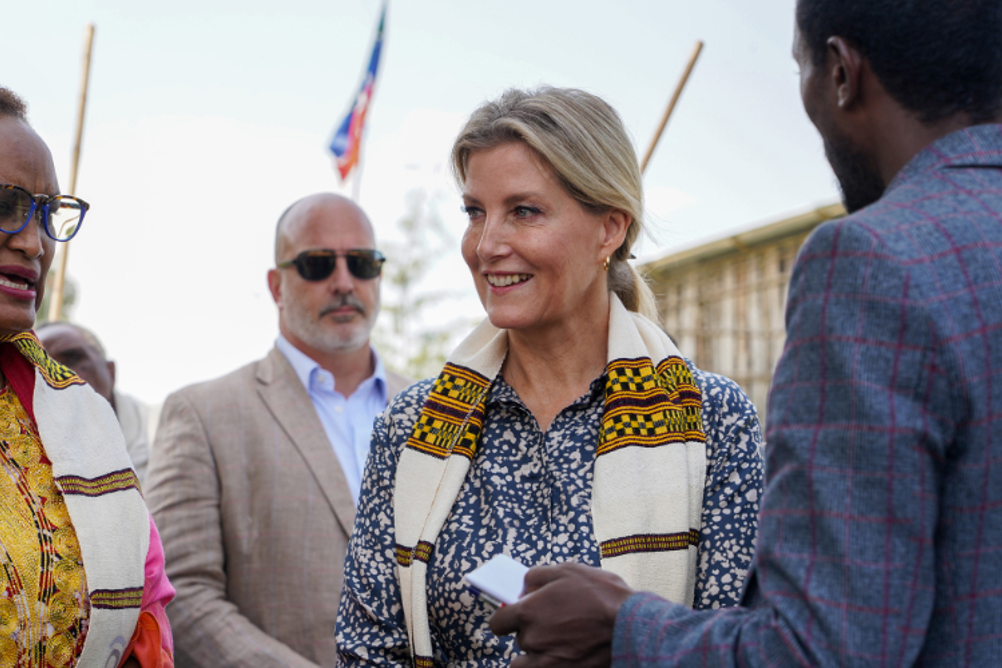
HRH Duchess of Edinburgh meets Orbis staff Dr Alemayehu Sisay and Dr Dorris Macharia in Ethiopia
Eye health in the workplace was the key theme of World Sight Day (WSD) on October 12, led by the International Agency for the Prevention of Blindness (IAPB).
As the global alliance for eye health, IAPB asked 200 member organisations across 100 countries to host sight screenings to engage employers and their staff about the importance of eye care.
More than 13 million pairs of eyes were tested in workplaces around the world as part of the Love Your Eyes at Work campaign, doubling the number pledged last year.
Register now to continue reading
Thank you for visiting Optician Online. Register now to access up to 10 news and opinion articles a month.
Register
Already have an account? Sign in here



